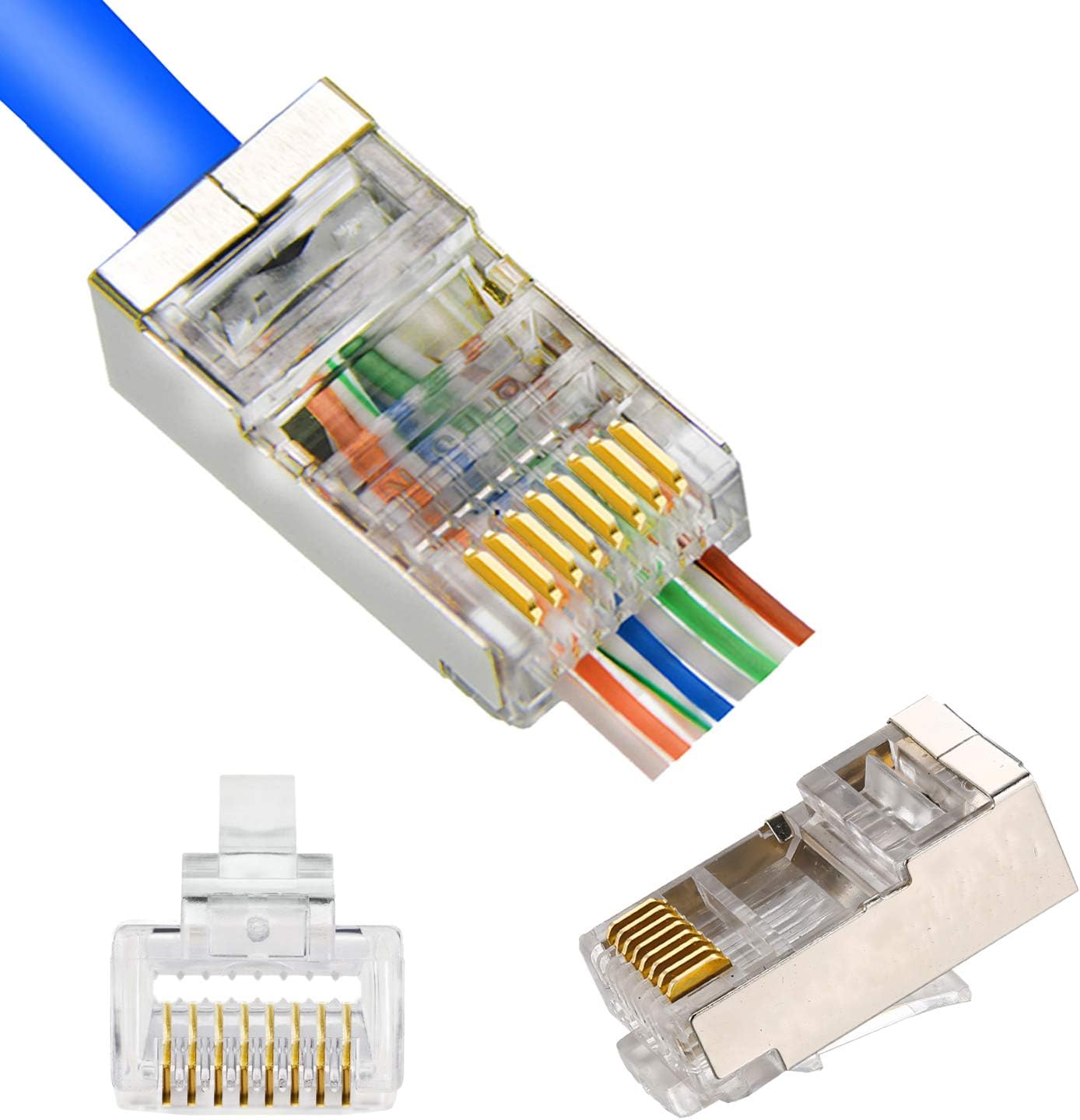The Importance of BMS Communication Between Inverters and Lithium Batteries
If you can, make sure your battery is communicating

Part of BMS communication
Battery management system
The Importance of BMS Communication Between Inverters and Lithium Batteries
In the world of renewable energy systems, the role of Battery Management Systems (BMS) has become increasingly significant, particularly when it comes to lithium battery technologies and their integration with inverters. Understanding the importance of BMS communication between inverters and lithium batteries is crucial for maximizing efficiency, safety, and longevity of energy storage systems. This blog post will explore the fundamentals of BMS, its communication with inverters, and why this synergy is essential for optimal performance.
What is a Battery Management System (BMS)?
A Battery Management System (BMS) is an electronic system that manages a rechargeable battery’s operation. It monitors the battery pack’s state, calculates the required data, controls the environment, and communicates with the inverter. BMS contributes to the battery's safety, efficiency, and performance, ensuring that the battery operates within its optimal limits.
Why is BMS Communication Essential?
1. **Safety Management**
Lithium batteries, while powerful, can be sensitive to overcharging, overheating, and short-circuiting. A robust BMS communicates critical information regarding the battery's state (SoC) and temperature to the inverter, enabling the inverter to adjust its operation accordingly. This real-time communication protects both the battery and inverter from potential damage.
2. **Optimized Charge and Discharge Cycles**
Effective BMS communication ensures that the inverter adjusts its charging and discharging rate based on the battery's current state. When these systems work in tandem, it leads to better charge efficiency and prolongs the lifecycle of both the inverter and the battery.
3. **Performance Monitoring**
Continuous communication between the BMS and inverter allows for the real-time monitoring of battery health and performance. This data can be invaluable in troubleshooting and predictive maintenance, ensuring that any anomalies are addressed before they escalate into larger problems.
4. **Enhanced Efficiency**
The efficiency of an energy storage system is directly influenced by how well the BMS communicates with the inverter. By continuously assessing the battery’s performance, the BMS can inform the inverter when to output power and when to store energy, thus maximizing the overall system efficiency.
5. **Integration of Smart Technologies**
As energy systems become smarter, the integration of advanced communication protocols is vital. A BMS that communicates seamlessly with inverters can participate in smart grid applications, demand response scenarios, and peak shaving strategies, enhancing the operational efficiency of the entire energy ecosystem.
### Key Features of Effective BMS Communication
- **Real-Time Data Transfer**: The capability to transmit data instantaneously is crucial for responsive actions, ensuring that both systems adjust promptly to changing conditions.
- **Protocol Compatibility**: Standardized communication protocols, such as CAN, Modbus, or RS485, allow for efficient and reliable interaction between inverters and BMS.
- **Interoperability**: A good BMS should seamlessly integrate with different inverter brands and models, ensuring versatile application across varied energy systems.
- **Data Logging**: The ability to log data over time helps in analyzing performance trends, identifying potential issues early, and optimizing operation strategies.
Conclusion
The communication between a Battery Management System and inverter is not merely an ancillary function; it is a central pillar of efficient energy management in lithium battery systems. As the demand for renewable energy continues to rise, mastering this communication will be vital for engineers, manufacturers, and users alike.
Understanding the intricacies of this relationship can lead to significant gains in safety, efficiency, and sustainability in energy production and consumption. As we move towards a more electrified future, prioritizing the development of robust communication protocols between inverters and BMS will ensure that energy storage systems are reliable, efficient, and safe.
Call to Action
If you are looking to optimize your energy storage systems or wish to learn more about the latest advancements in lithium battery technologies and inverter integrations, feel free to reach out. Let’s work together to harness the power of seamless BMS communication!
